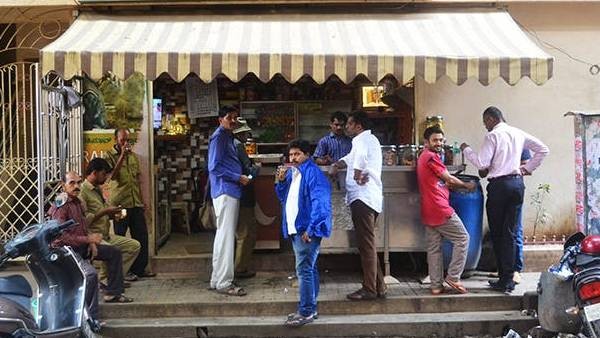
In a move that has stirred anxiety among small traders and street vendors across Karnataka, the Income Tax and Commercial Tax Departments have issued notices demanding hefty payments from unregistered businesses. The crackdown, based on digital transaction data—particularly UPI payments—has led to demands ranging from several lakhs to over ₹1 crore in some cases.
Digital Payments Under Scrutiny
Authorities have relied on UPI transaction records from 2021 to 2025 to identify vendors whose annual turnover may exceed the GST registration threshold—₹40 lakh for goods and ₹20 lakh for services. Vendors who accepted large volumes of digital payments but failed to register under GST are now facing tax demands. Officials argue that UPI figures represent only a portion of actual turnover, suggesting that total income could be even higher.
Impact on Small Businesses
The notices have left many vendors stunned. A bakery owner in Kengeri received a demand for ₹67 lakh, while a vegetable seller on Bannerghatta Road was issued a notice for ₹1.3 crore. Many traders, fearing further scrutiny and possible eviction, have begun reverting to cash-only transactions. QR codes are being replaced with handwritten signs reading “No UPI, only cash,” signaling a retreat from digital payments.
Legal and Political Reactions
Experts and activists have raised concerns about the fairness of these notices. Critics argue that the burden of proof lies with tax officials, who must establish actual taxable turnover before issuing demands. Allegations of PAN misuse and identity theft have also surfaced, with some vendors receiving notices for transactions they claim never occurred. Opposition leaders have called for government intervention, urging Chief Minister Siddaramaiah to protect vulnerable workers from undue harassment.
As Karnataka pushes to meet its ₹1.20 lakh crore revenue target for 2025–26, the fallout from these tax notices may reshape how small businesses engage with the digital economy. The situation underscores the need for clearer guidelines, better awareness, and safeguards against data misuse.
